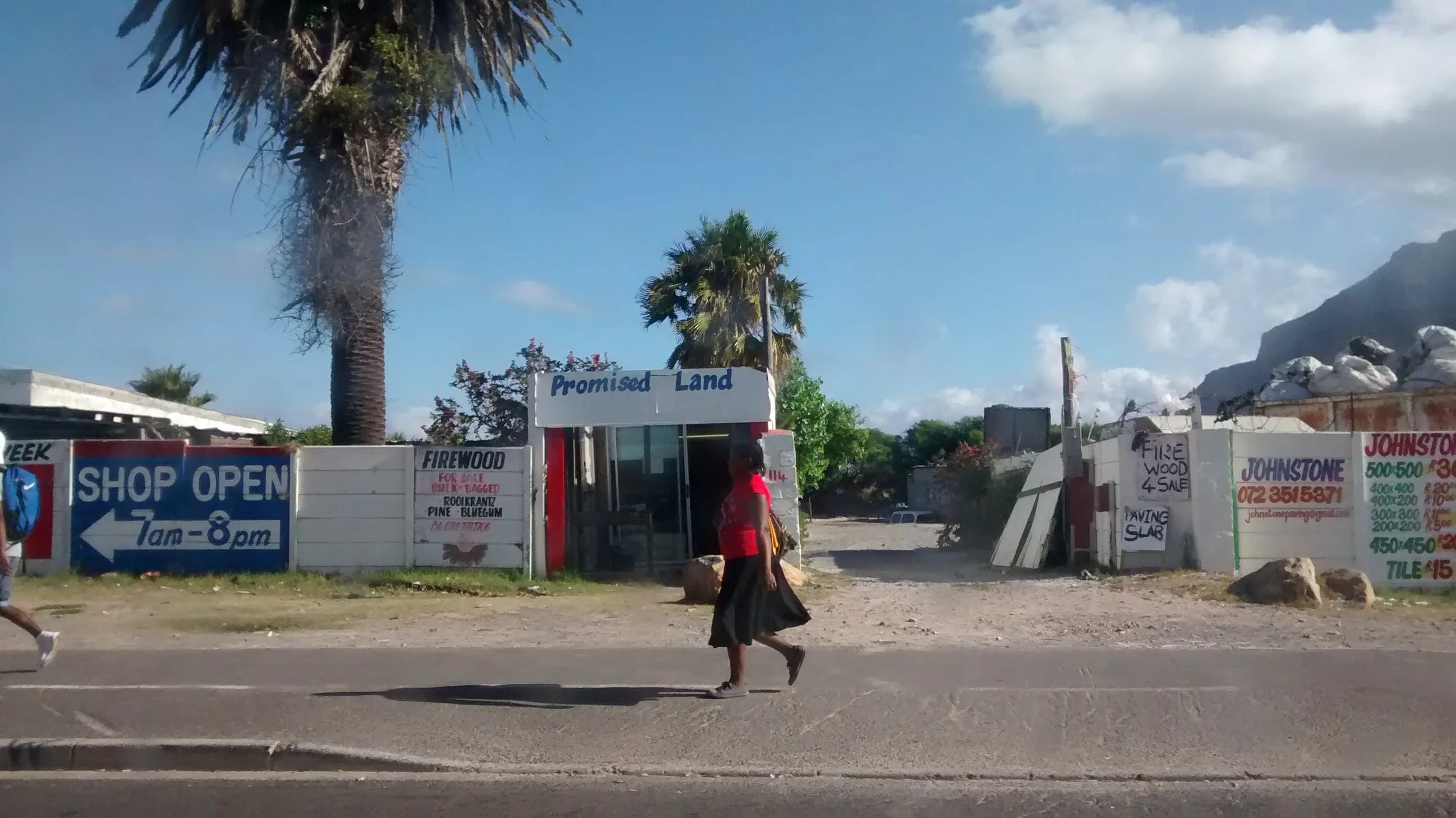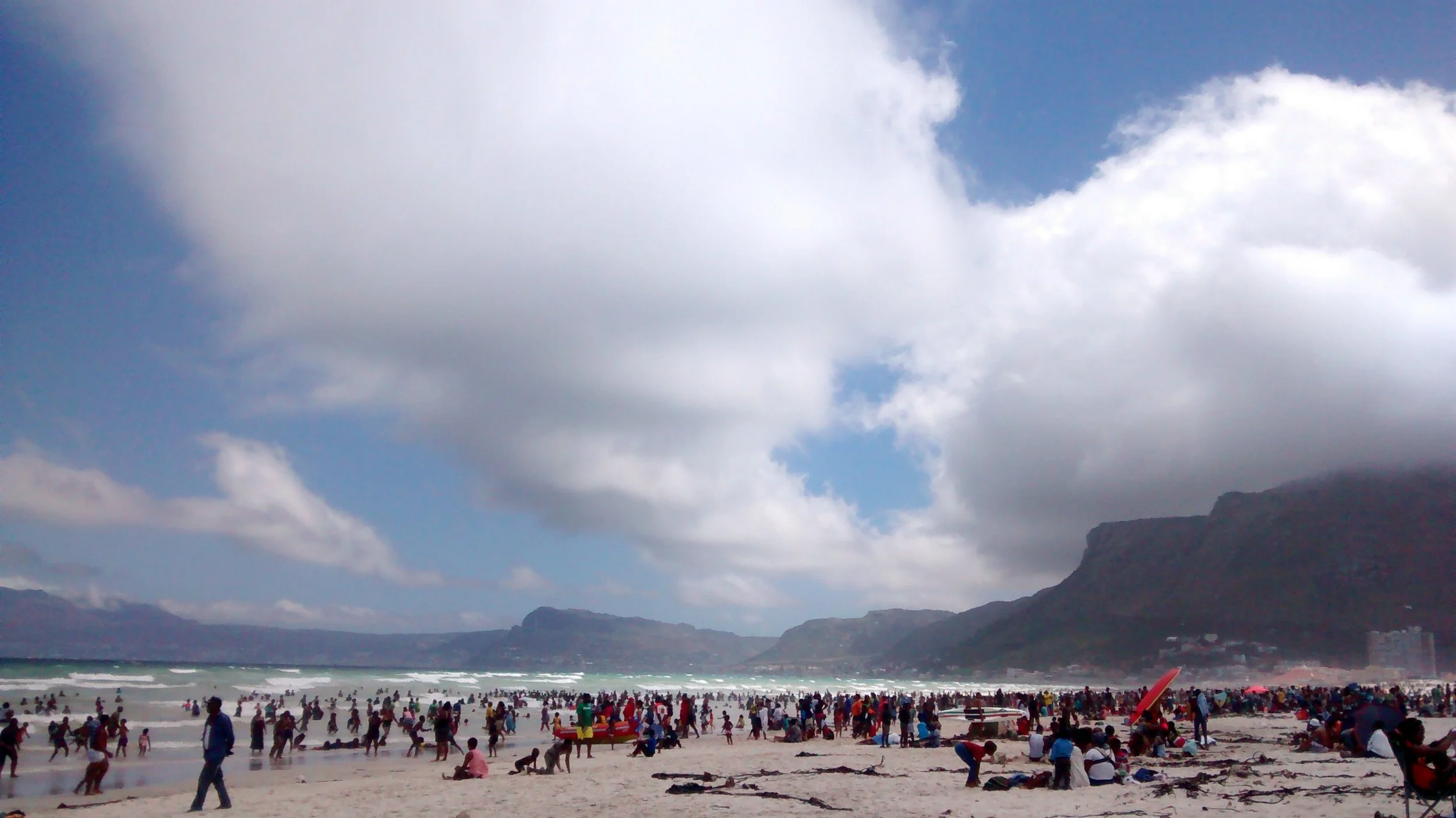Guest post by Shari Thanjan
I have attended my first international conference as a researcher. The International Population Conference took place in Cape Town this year. The conference is hosted by the International Union for the Scientific Study of Population (IUSSP) and happens every four years. The conference provides social scientists from all over the world the opportunity to come together and share their research on population trends and issues. One would think that this is every researcher’s dream - an international platform to share all the hard work, sweat and tears that often goes into research process. Sharing, learning and discussing brings up new networks and ideas. But it also left me doubtful about the point of doing research in the first place.
After doing six months of field work about maternal and child health and its relationship with new media, I decided to attend all the talks that I could find about the use of new media technologies in this field. There were some papers on social media and maternal and child health, mostly in local contexts from “the developed world”. There were no presentations about media and population issues or maternal health in the South Africa. Here papers focused on maternal and child mortality. This was weird to me, after having been so focused on our own little research project for many months. The National Department of Health runs the first national mHealth program in Africa focused on maternal and child health, and fieldwork showed that media plays role in shaping the process of making new lives in South Africa. What seemed to me to be an obvious and important aspect of population issues was missing here.
A study done by Nzimande looked at family formations of the black South African population in the era of change. It found that “modernization” has led to growing acceptance of non-marital child-bearing. It also found that teenage mothers are unable to progress in South Africa. South Africa’s legislation is very protective over single mothers, but there is a need for more policies that protect marriages, it was argued. In thinking about our own fieldwork among black pregnant women and new mothers in Cape Town, I wondered about what our interlocutors would say, if they where here. I thought of the grandmother whose only wish for her daughter was never to get married, to keep her financial and personal freedom. I thought of the teenage parents who stopped going to church or moved to a different neighbourhood when they started showing to avoid the moral judgement of their community. Sitting in a grand conference room in the centre of Cape Town, I felt a chasm between their world and the world of research, even though the people I studied lived only a few kilometers away.
Stats, stats and more stats. By the end of the week I couldn’t learn or know anymore. Looking around at my fellow conference attendees, it would seem they felt the same way. Verran (2012) argues that “In an era of evidence-based policy and governance through market mechanisms, measures and values speak to policy through designs that can be bought and sold.” This theory came to life where stats were the basis of each research problem. One really needs to walk away from these things and honestly think about how these papers effectively can affect policy change and improve lives. The research was all great with very interesting topics. But do the findings actually translate into action? The relationship between policy practise and knowledge practise is not a strong one at the moment. Belief in the bond between the two seems to have withered and reserachers are almost cynical about what their work “can do” in the world. Almost all papers revealed there is a gap in service delivery and somewhere, something is going wrong.
So then what?!
I left the conference feeling dazed and confused with too many numbers circulating in my head and can't even remember half of the findings. The take home message for me is to always follow up on our findings and papers, try to get it into the right hands, so that all our sweat blood and tears move beyond conferences rooms and back into the lives of our participants. This should be a promise we make to ourselves, and be more than just researchers, but rather agents of change in pretty trying times.
References
Verran,H. 2012. The changing lives of measures and values: From centre stage in the fading disciplinary society to pervasive background instrument in the emergent ‘control’ society. In The Sociological Review Monographs (eds) L. Adkins & C. Lury, 60-72. Oxford: Blackwell Publishing.









